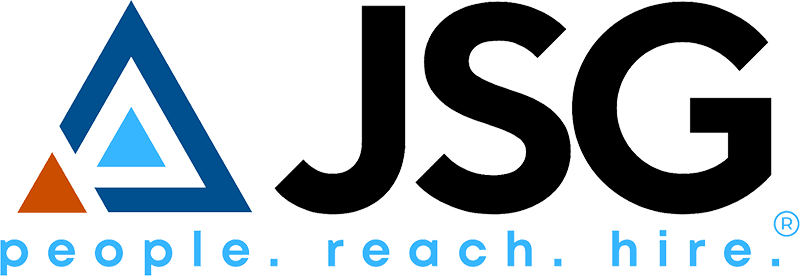
Here’s How To Write A Great Entry-Level Cover Letter
While some may believe the practice of writing cover letters is outdated, many employers are still requesting them. And as if it’s not challenging enough
April 17, 2020

Here’s How To Write A Great Entry-Level Cover Letter
While some may believe the practice of writing cover letters is outdated, many employers are still requesting them. And as if it’s not challenging enough
April 17, 2020

The Millennial Interview Dress Code
Everyone knows that the way you dress for an interview determines a lot about how your future employer views you. In fact, managers form their
January 31, 2020



